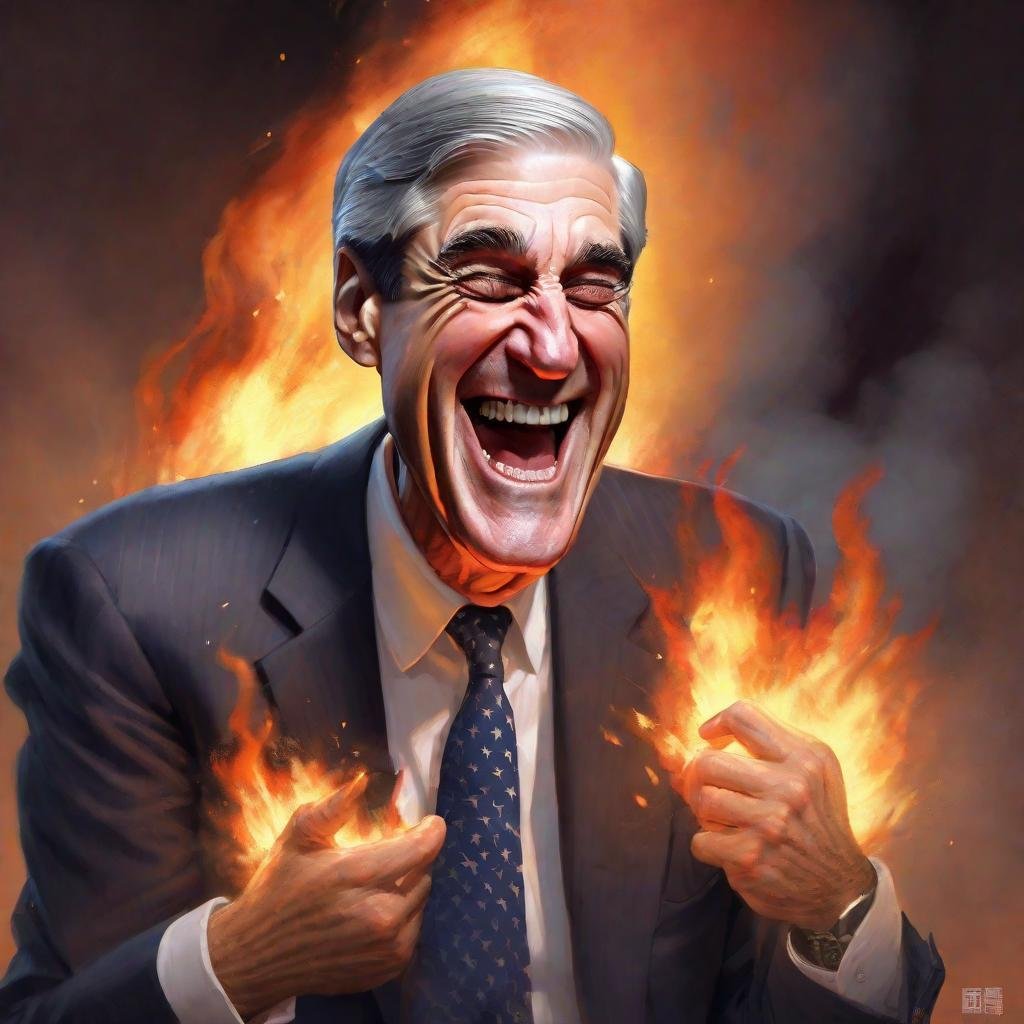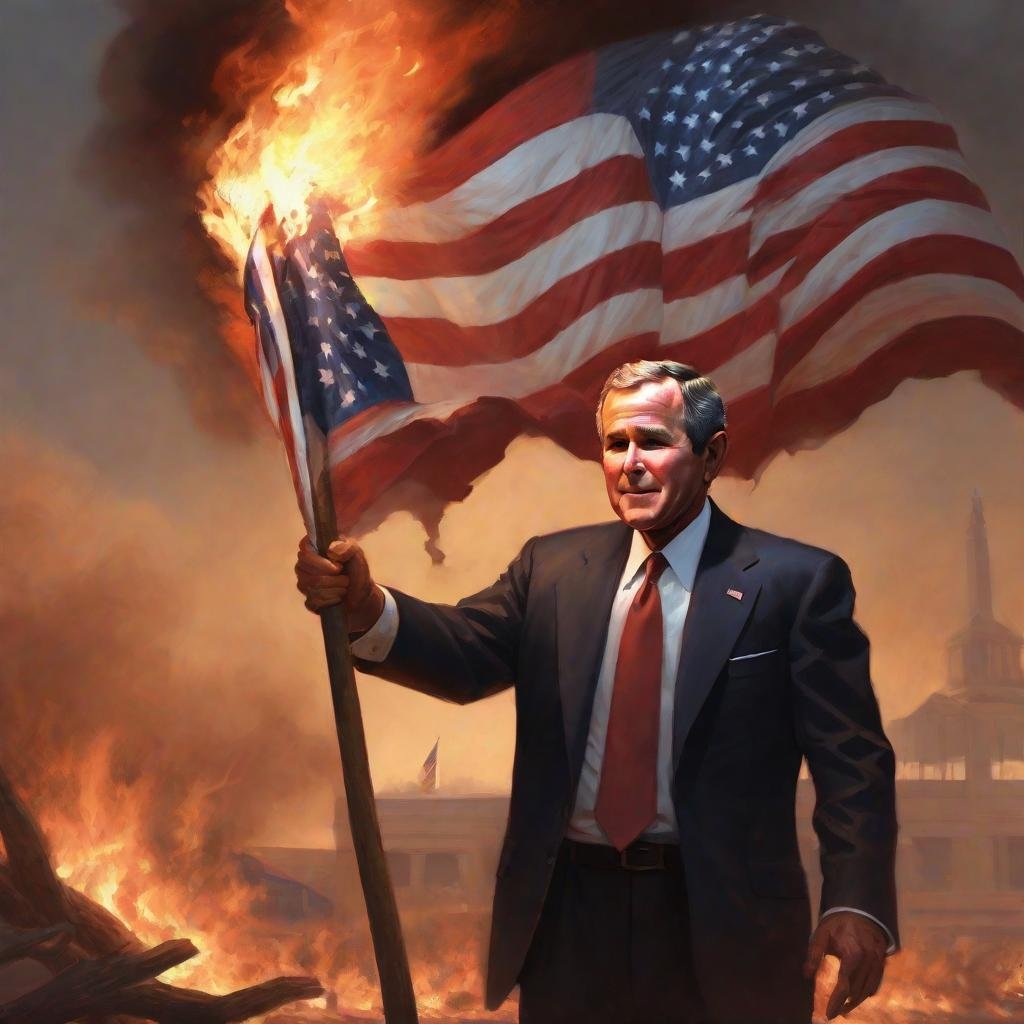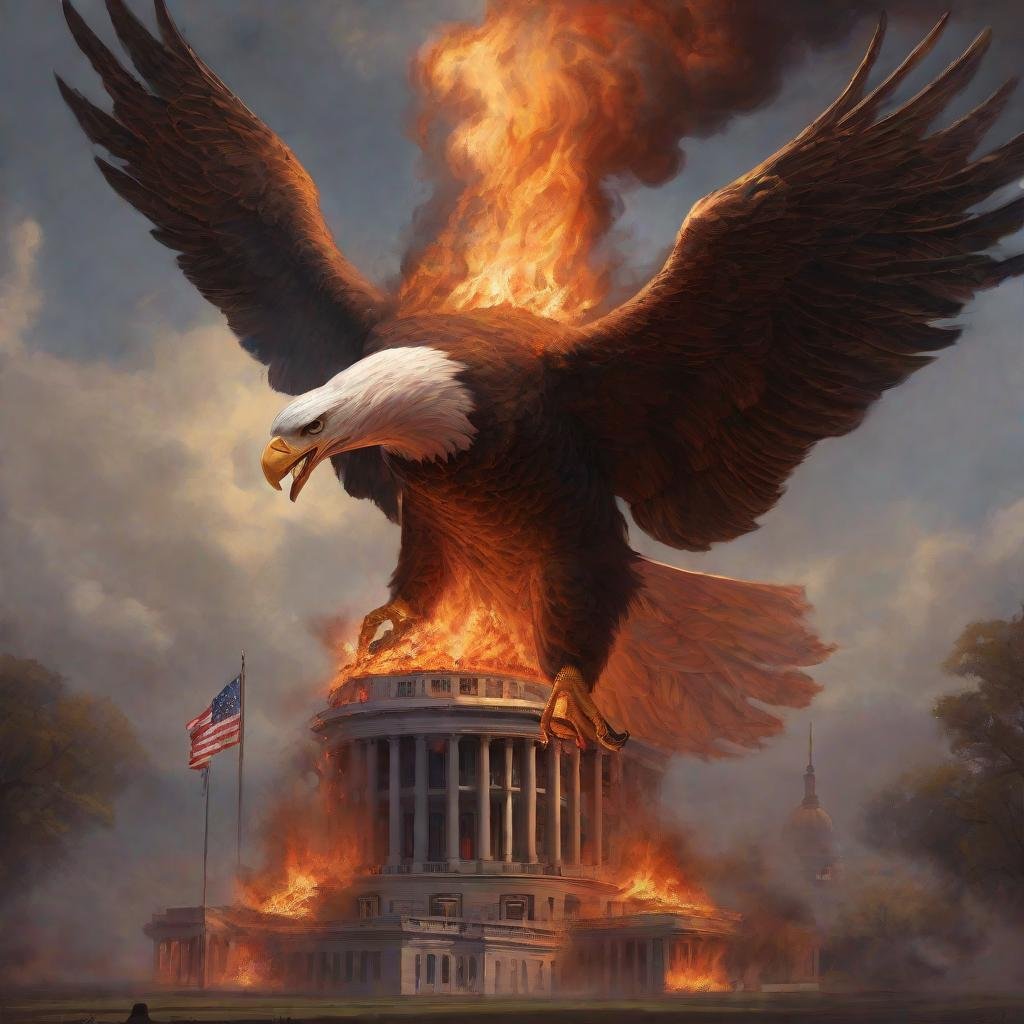The United States Patriot Act, a legislative document symbolizing safety and liberation in the face of terrorist threats post 9/11, has remained a fulcrum of controversy due to its perceived encroachment upon constitutional freedoms.
The PATRIOT Act, which stands for “Uniting and strengthening America by Providing Appropriate Tools Required to Intercept and Obstruct Terrorism,” has been broadly criticized for being the most treacherous piece of legislation in American history. This criticism primarily revolves around the controversial idea that the Act has destroyed America in several ways.
Firstly, it has significantly eroded the civil liberties that Americans hold dear. Secondly, it has given rise to a surveillance state, setting a precedent for countless controversial actions by individuals like Robert Mueller, former FBI Director.

This essay aims to breakdown the top 15 ways in which the Patriot Act seemingly violates the Constitution and dilutes the democratic safeguards it primarily promises, offering instead, a platform for the state to prioritize its interests over those of its citizenry.
15 Patriot Act Violations
Infringement of the Fourth Amendment: The Patriot Act has been criticized for its stark contradictions with the Fourth Amendment, which protects the right of people to be secure against unreasonable searches and seizures. The Act bypasses this principle, allowing law enforcement to access personal records without demonstrating probable cause.
Violation of First Amendment Rights: The Patriot Act compromises citizens’ freedom of speech and association as it encroaches upon the protection provided by the First Amendment. The Act’s power to monitor religious and political institutions infringes on the rights to free exercise and free association.
Unchecked Surveillance: The Patriot Act opens a gateway for unchecked electronic surveillance, including wiretapping and internet monitoring. This disregards the inherent right to privacy, undermining the essence of American democratic values.
Guilt by Association: Under the Patriot Act, individuals can be scrutinized merely for their association with certain groups, breaching the principle of ‘innocent until proven guilty.’
Secret Searches: The Act sanctions “sneak and peek” search warrants, allowing authorities to break into homes and offices and conduct searches without informing the subject. This secret trampling of personal space stands as a stark violation of the Fourth Amendment.
Violation of Sixth Amendment Rights: By sanctioning indefinite incarcerations without trial for suspects of terrorism, the Patriot Act grossly negates the Sixth Amendment, which guarantees the right to trial.
Use of Secret Evidence: The Act’s provisions allow the use of secret evidence during immigration proceedings, denying the subject’s right to rebut the evidence that might be construed against them.
Ethnic and Religious Profiling: The Act provides a ground for religious and ethnic profiling, targeting specific communities under the guise of national security.
Restriction on Judicial Oversight: The Patriot Act reduces judicial oversight over federal surveillance, enabling the Federal Bureau of Investigation (FBI) to gain personal information without the requirement for a court order.
Expansive Definitions of Terrorism: The undefined expansive language of the Act facilitates discretionary powers for law enforcement to label ordinary crimes as “terrorism,” thereby justifying extraordinary measures.

Suppression of Dissent: The Patriot Act can potentially discourage and punish dissent, as individuals or groups expressing disagreement with government policies can come under scrutiny.
Violation of Protecting Human Rights: The Act includes powers that allow for the violation of international human rights laws, including detention without trial and the use of torture.
Privacy Erosion: The Act allows the FBI to gain access to sensitive personal business records without any evidence of wrongdoing, eroding citizens’ right to privacy.
Suppression of Intellectual Freedom: By allowing the government unrestricted access to records of books borrowed and bought, the Patriot Act could ostensibly lead to the suppression of intellectual freedom.
Extension of Scope: The Act’s powers extend beyond terrorism to the regular criminal law enforcement domain, undermining the due process protections established by the Constitution.The Patriot Act, thus, tends to tilt the balance of power dangerously in favor of the federal government, often at the expense of individual liberties. Rather than safeguarding the lives and liberties of American citizens, it appears to preserve state interests.
Planned Deep State Takeover!

Robert Mueller, as the FBI Director from 2001 to 2013, personally administered several of the Act’s provisions. Under his leadership, the Agency responded to the post-9/11 climate with an unprecedented level of surveillance and investigation.
Critics suggest that Mueller used the tools provided by the Act to overstep boundaries, infringing upon Americans’ civil liberties. They argue that under the guise of ensuring national security, these actions, whether justified or not, created a culture of fear, compliance, and surveillance that continues to pervade American society.
One cannot discuss the Patriot Act without acknowledging the role of George W. Bush. As President, Bush was the figurehead who authorized the Act, the one expected to ensure that the civil liberties enshrined in the Constitution were not compromised.

However, his administration defended the Act with unshakeable resolve, dismissing concerns about civil liberties. Undoubtedly, Bush’s role in supporting and maintaining the legislation, despite the clear contradictions it presented to constitutional freedoms, places part of the blame on him for the subsequent erosion of these freedoms.
Despite the palpable evidence of infringement on civil liberties and the growing public outcry against the Act, calls for its repeal have fallen on deaf ears. This raises the question; why can’t we repeal it? Who still wants it, and who is to blame? The answer is complex.
Like any powerful tool, the Patriot Act has its defenders who argue that its provisions are necessary to protect America from terrorist attacks. These defenders are not only within government and intelligence organizations but can also be found among ordinary citizens who see national security as paramount.

Legislators who continually reauthorize the Act, despite public protests, are also to blame. Their actions perpetuate the opportunities for misuse and abuse of civil liberties.
It is pertinent to ask, will there ever be a time where they get rid of the PATRIOT Act? While it’s hard to make predictions, the current trajectory indicates that this is unlikely. Despite some revisions aimed at addressing public concerns, the core legislation remains untouched. This continues to fuel concern and fear among citizens who perceive the Patriot Act as an enduring symbol of an overreaching government.
My Take
While the perceived necessity of the United States Patriot Act in deterring acts of terrorism cannot be overlooked, it’s important to reassess the continued cost to foundational democratic principles. The robust security it promises should not come at the expense of constitutional rights or morph into a tool of suppression.
The PATRIOT Act is a testament to how a nation’s fear can lead to legislative decisions that erode its fundamental freedoms. With former personalities like Robert Mueller and George W. Bush under scrutiny for their roles in enabling wide-ranging surveillance, the Act leaves a troubling legacy that continues to influence American policies today.

Yet, the fight for privacy and civil liberties continues. While the Act remains entrenched, the debate rages on, a civic reminder of the need for constant vigilance to protect what is rightly cherished – our civil liberties and freedom.
In this ongoing debate on security versus civil liberties, it is pivotal that the provisions of the Act align with constitutional principles, ensuring that the nation once conceived in liberty, does not perish in tyranny.

[…] conflict thus emerges cut-and-dry, pitting national security concerns against the constitutional rights of American citizens. It’s a face-off between […]